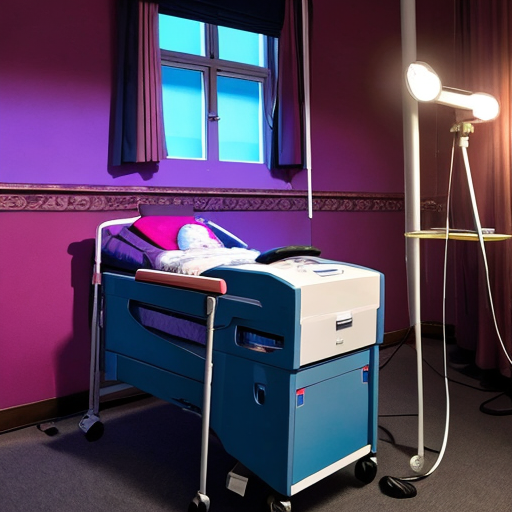28. March 2024
Could assisted dying be coming to Scotland?

Could assisted dying be coming to Scotland?
Assisted Dying for Terminally Ill Adults (Scotland) Bill is drafted by Liam McArthur. He expects it to be debated this autumn and could be voted on next year. First Minister Humza Yousaf, who is a Muslim, has indicated that he is likely to vote against the bill, which is also opposed by the Church of Scotland. Under the proposals, a patient could only request medical assistance to end their life if they had a terminal illness.
The patient must be aged 16 or over, a resident of Scotland for at least 12 months, and must administer the life-ending medication themselves. In England and Wales, the Suicide Act 1961 makes it an offence to encourage or assist the suicide of another person. A number of countries have legalised some form of assisted dying. Dignity in Dying says more than 200 million people around the world have access.
In 2015, the House of Commons decided against changing the law by 330 votes to 118. In Northern Ireland, a similar offence is set out in the Criminal Justice Act 1966. The title of Mr McArthur’s bill — Assisted Dying rather than Assisted Suicide — reflects a change in approach from campaigners. Critics such as Dr Fiona MacCormick of the Association for Palliative Medicine (APM) say the new terminology is “harmful and unhelpful.
Dr MacCormick says she is concerned about the potential for inaccurate diagnosis and prognosis, undetected coercion, and fluctuating mental capacity. But some terminally-ill patients say they would find the option reassuring even if they did not use it. Mandie Malcolm from Falkirk was diagnosed with breast cancer which had spread to other parts of her body at the age of 26. Ms Malcolm is strongly in favour of the assisted dying law.
She says it would mean she could stop worrying about a brutal death. But campaigners against the measure point to laws enacted in Belgium and Canada. They say qualifying criteria have been loosened over time, leading to a sharp rise in the number of assisted deaths. Mr McArthur says his proposed law is not modelled on those “permissive and expansive models.
He is supported by the broadcaster and campaigner, Dame Esther Rantzen. She recently revealed she was considering travelling to Switzerland - where assisted suicide has been legal since 1942 - to die. There are fewer specialist palliative care doctors in Scotland than there are MSPs, says Dr MacCormick of the APM. Only a third of their funding comes from the state, the rest from charitable donations, and rising costs.
As the nation ages, demand is expected to increase by a fifth by 2040.